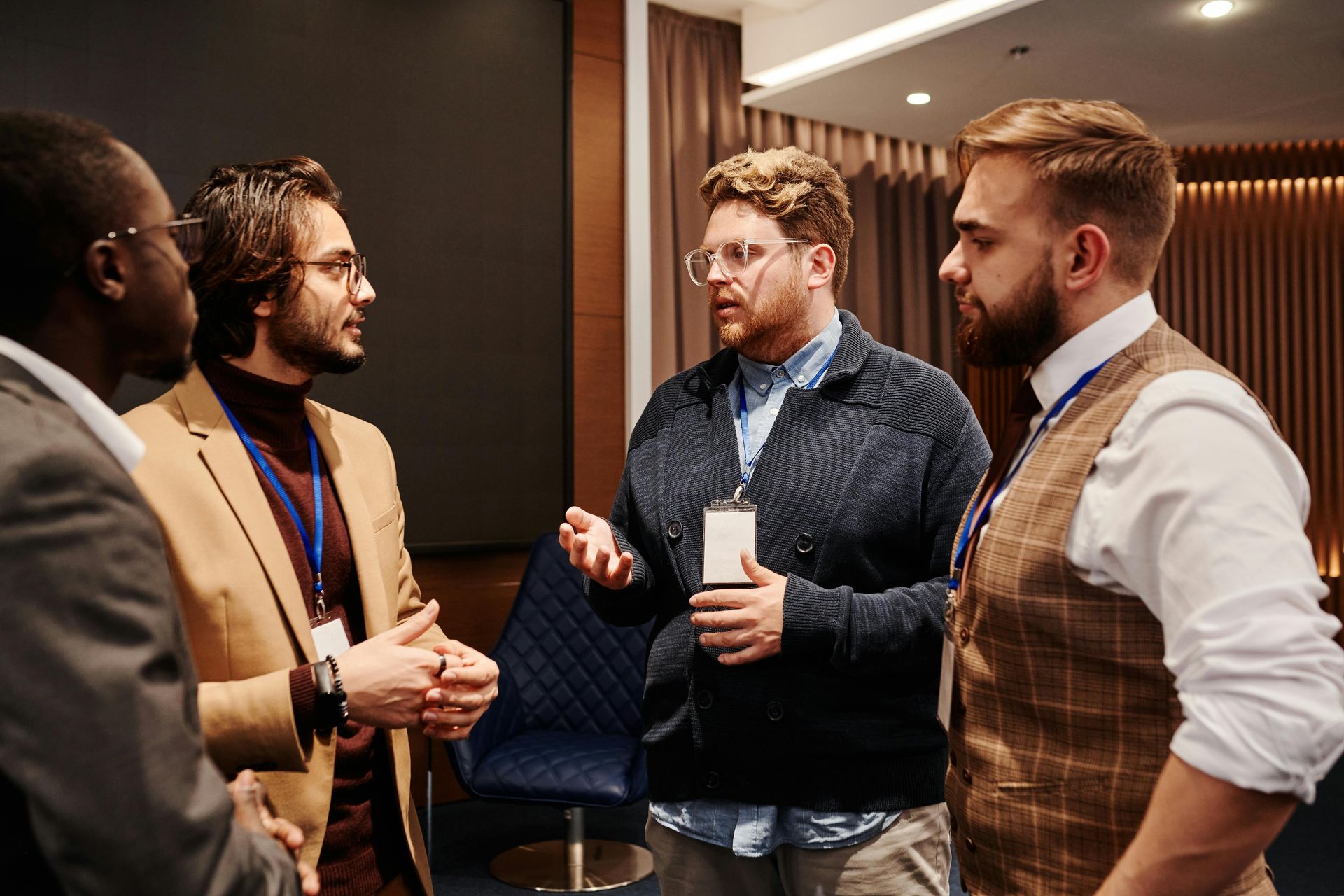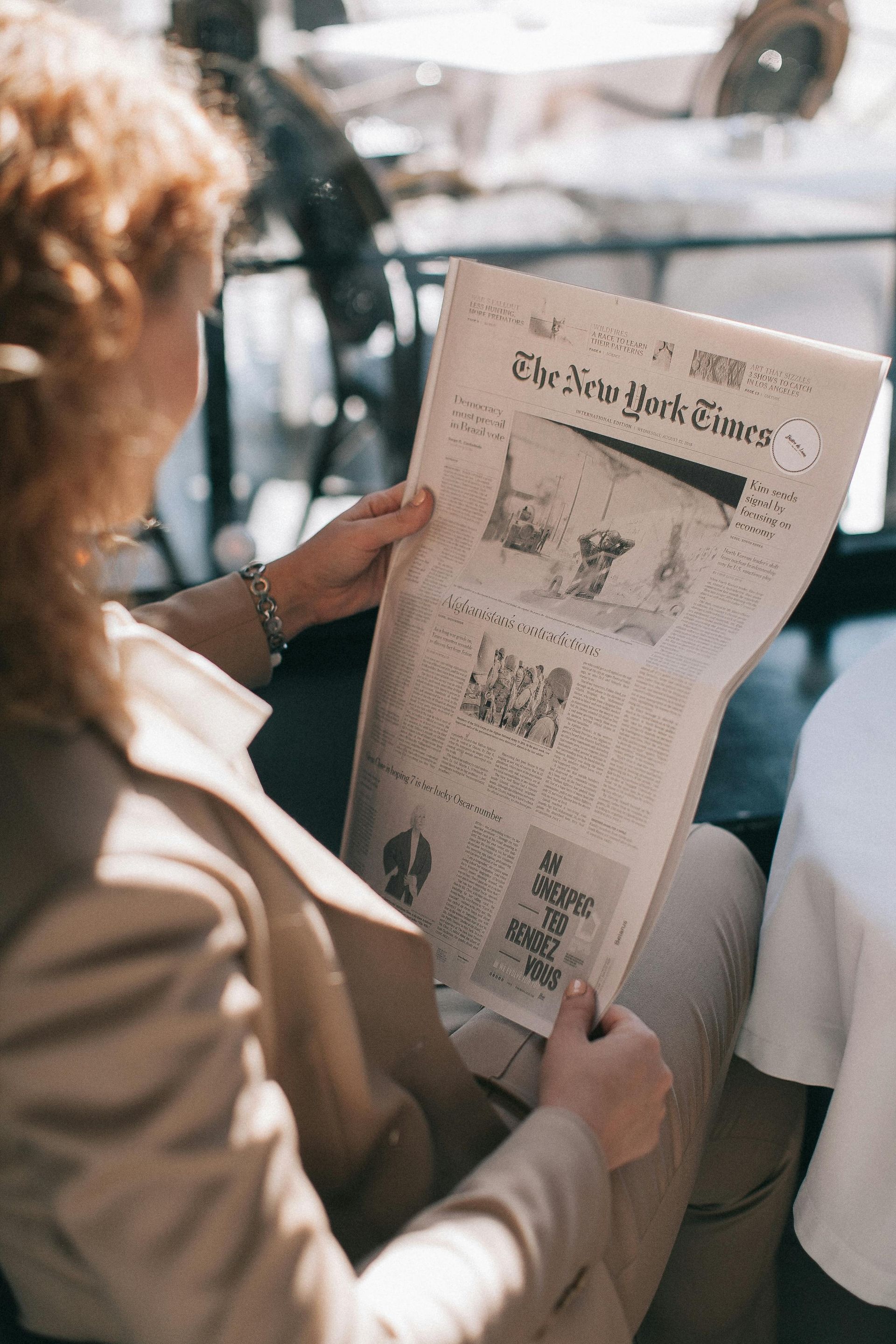Cautious Optimism Was The Keynote at a Congressional Forum on Campus Free Speech
By Sean Paige
Alumni Free Speech Alliance
December 12, 2024
When North Carolina Congressman Greg Murphy convened the first Campus Free Speech Roundtable on Capitol Hill four years ago, few outside of the hearing room probably noticed. The issue seemed so “back burner,” the cause so hopeless, and the prospects of meaningful change so remote that attendees probably wondered whether it would be the first and last such congressional hearing.
But a lot has changed in four years.
This year’s panelists — including 4 with ties to the Alumni Free Speech Alliance, or AFSA — voiced guarded optimism that their efforts to steer the ship away from the rocks were seeing results. And the lawmakers who launched the effort — most notably Murphy, Education & the Workforce Committee Chairwoman Virginia Foxx (R-NC), and Utah Republican Rep. Burgess Owens — surely must have felt some measure of vindication, seeing that these formerly “back burner” issues are now squarely front and center in Congress and high priority agenda items for an incoming Trump administration.
That doesn’t mean participants were brimming with bravado and confidence. All who work on higher education reform understand that the crisis is real, the problems are deeply rooted, and small victories can be short-lived if constant and consistent efforts aren’t applied. But notes of cautious optimism could be heard as representatives of the Alumni Free Speech Alliance, Young America's Foundation, Foundation for Individual Rights and Expression, American Council of Trustees and Alumni, and Speech First spoke and fielded questions.
"Free speech on campuses across the country has been under attack for decades," Murphy told participants. "Progressive political ideologues have infiltrated and overtaken college administrations and faculties. Rampant anti-Semitism and egregious DEI programs have replaced the principles of civility, freedom of expression, and equality on which institutions of higher education were founded. Students, in record numbers, self-censor in classrooms. Faculty force their own political ideologies on students. Administrators abuse their position of authority to push a political agenda. Congress plays a role in oversight of public universities and must protect students' First Amendment rights. I appreciate the ongoing commitment of groups who fight for free speech so that we ensure our nation's colleges remain robust learning environments that cultivate tolerant, well-rounded individuals capable of contributing to our dynamic society."
ASFA’s affiliation with four of those who spoke is an impressive measure of the momentum and visibility the movement has gained in just 3 years. Our grassroots network has grown to nearly 30 chapters, stretching from coast to coast. Our active and engaged alumni are proving to be a potent force for constructive change at the schools where our groups exist — and more are on the way.
AFSA affiliates who spoke and fielded questions were (pictured below, left to right) Princetonians for Free Speech Co-Founder and Executive Committee Member Edward Yingling, AFSA Chairman and Jefferson Council Board of Advisors Member Tom Neale, Davidsonians for Freedom of Thought and Discourse Chairman John Craig, and Davidsonians for Freedom of Thought and Discourse Executive Director Kenny Xu.
The Roundtable can be replayed here in its entirety. (Please note that the opening statements begin at the 18-minute mark.)
The opening statements of AFSA participants are below.
JOHN CRAIG REMARKS FOR DECEMBER 11, 2024 ,CONGRESSIONAL FREE SPEECH ROUNDTABLE.
Good morning,
My name is John Craig, and I am the chairman of Davidsonians for Freedom of Thought & Discourse. Thank you, Congressman Murphy, for chairing this important annual Roundtable, and to the other members of Congress present. Also, thanks to Congressman Murphy for his strong support of our work to promote freedom of expression and viewpoint diversity at our shared alma mater Davidson College.
Let me say upfront that we are making some progress in the struggle for campus free speech & viewpoint diversity.
At Davidson, we achieved adoption of a Commitment to Freedom of Expression Statement and have rallied students to form the student Free Speech Alliance and rebirth the Young Americans for Freedom and Libertarians chapters. And just two weeks ago, the students brought supply-side economist Art Laffer to campus—something that would have been unheard of even a year ago!
In the wake of last year’s Congressional Hearings post-October 7th , leadership changes occurred at Harvard, Penn, and Cornell.
Harvard’s interim president has just endorsed the recommendations of the Harvard Working Group on Open Inquiry and Constructive Dialogue, which, among other things calls for a required course for new undergraduates on constructive disagreement and review of policies for investigating alleged violations of discrimination, bullying, and harassment.
And misguided and ineffective DEI programs in the corporate world and in some universities are being dismantled.
So, to some degree, the campus free speech movement is currently riding a wave.
But make no mistake about it, the forces for one-sided ideological intolerance and speech control on many American campuses are entrenched and are using every tool at their disposal to maintain the status quo and combat us freedom fighters.
This is why, in the possibly narrow window of opportunity before us, we need the Federal government to use every instrument possible to support freedom of expression and viewpoint diversity. We need help especially in tackling the Critical Race Theory/oppressed vs. oppressor mentality that underpins DEI programs and many courses.
The most important tool, of course, is the power of the purse. So, I suggest that Congress rid all NIH, NEA, NEH, etc. grant applications of DEI requirements.
Make federal grants for research and teaching contingent on the absence of DEI loyalty oaths — obvious screening devices—in faculty recruitment and promotion documents.
Mandate that institutions receiving federal funds publish on their websites all course syllabi.
The biggest money, of course, is in the Federal Student Loan Program, whose thorough reform will be a big undertaking. But certainly the recent loan forgiveness excesses should be scrapped, and I hope that some way can be found to make universities and colleges liable for substantial portions of defaulted loans.
I emphasize the urgency of reforms like these. We out in the field need every ounce of support that Congress can provide. We saw this time last year how powerful Congressional hearings can be in shining light on the fault lines in US higher ed. We need more such hearings, and our hats are off to you members of Congress for the courage and leadership you are demonstrating in this battle for the American mind.
Thank you.
The Opening Statement of Davidsonians for Free Thought and Open Discourse Executive Director Kenny Xu
A dental school student formerly enrolled at Columbia University School of Dentistry tells me that one of the first questions he was told to ask a pregnant mother dealing with pelvic pain was whether she wanted to keep the baby.
An NC State transfer student at the Poole College of Management reports to me that the first two weeks of her business school experience was spent listening to seminars on DEI and SDGs, which stands for “Sustainable Development Goals,” instead of the basics of business such as how to make a proposal and how to receive funding for your idea.
If not reflected in policy, the academic experience for a young conservative student is full of slights, subtle degradations, and the constant threat of harassment. As a result, nationally, the free speech of conservative and other politically nonconforming students is impaired. The Foundation for Individual Rights in Education (FIRE) nationally compiled and found that about 70 percent of students nationwide (out of a sample size of over 30,000) state that they feel uncomfortable sharing a disagreeing view with a professor in class.
The American Association of Medical Colleges, which helps state medical boards evaluate and license physician schools, put out a release of 72 criteria based on Critical Race Theory-related social justice tenets for schools to follow in order to be deemed accreditation-worthy. Such acts caused prestigious medical schools like UNC Medical Schools to issue large-scale social advocacy platforms that ultimately proved needlessly distracting and even discriminatory to their future doctors’ medical education.
The Civil Rights Act of 1964 prevents discrimination according to race, sex, sexual orientation, religion, and a whole host of other factors. It’s time to add political orientation to that list.
The whole purpose of American education is to teach people to be empathetic creatures capable of seeing multiple viewpoints and sides. If that is not the purpose of diversity, then diversity has no purpose. Today’s higher education system, with its relentless liberal/progressive orientation and disregard for indulging alternative viewpoints, is the opposite of that. Tolerance, it now is obvious, it only for the tolerated.
DEI statements in hiring, mandatory DEI trainings, and surveillance of “harassment” complaints through anonymous reporting agencies are now used to discriminate against conservative students for simply stating and defending their beliefs. This creates reticence among conservative students to pursue their academic and career goals, leading to a dearth of those students in essential fields like education and healthcare, which require continuing education. This, of course, leads to the one-sided political bureaucracy that we all know and hate.
The only way to stop the march of higher ed against conservative students is to aggressively promote intellectual diversity and protect conservative students who speak out. There needs to be at every public college in America a contingent of the school that aggressively and openly defends the right of ideologically nonconforming students to speak. Whether that is an actual school or a part of the administration, it must be given broad leeway to call out, for lack of better word, “higher education B.S” where they see it. Stocking universities with such people must be a new civil service mandate at the new Trump administration.
I believe as much as anybody in people’s ability to speak and reason freely. What I don’t believe in is using one’s powers of speech to exercise raw power over others and making people conform to your ideologies and beliefs. America is a nation built on the capacity to see that other perspectives exist. President Trump, you must take the lead and ensure that the presence of those who believe in you and your education agenda is felt in the places that most hate conservatives. You must ferociously and tirelessly enforce all civil rights protections to apply to conservative students as well as any other student.
Cautious Optimism Was the Keynote at a Capitol Forum on Campus Free Speech



